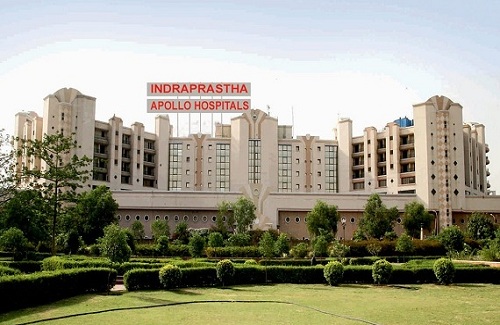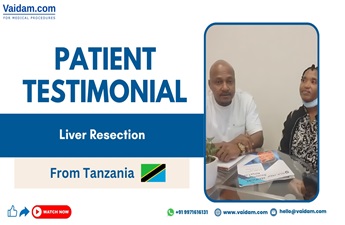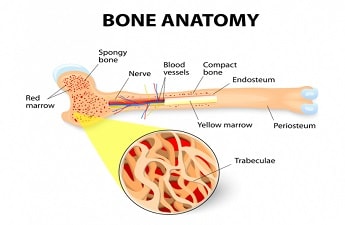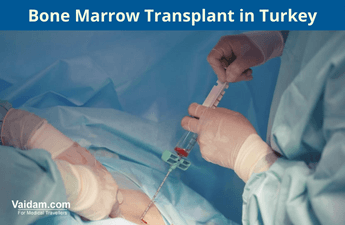Bone marrow transplant is referred to a medical procedure done to remove the damaged bone marrow and replace it with a healthy donor bone marrow. Bone marrow can be damaged by any kind of disease, infection or even chemotherapy. The blood-forming cells are infused into the blood, which later travels to the bone marrow where they trigger the production of new blood cells and promote the growth of new bone marrow.
To know about Bone Marrow (Hematopoietic) transplant, click here.

What are the types of bone marrow transplants?
There are primarily two types of bone marrow transplant:
Autologous transplant - The healthy cells are extracted from the patient’s own body and replaced with the damaged section. The benefit of this type of procedure is that there is no issue of incompatibility between the donor cells and one’s own cells. This is considered when the patient’s body produces abundant healthy bone marrow cells. The cells can be extracted, preserved and used later in life.
Allogeneic transplant - In this type of transplant, the patient’s bone marrow is replaced with donor cells. The complete compatibility test has to be performed before proceeding further with the procedure. This is highly crucial because there are some proteins present on the White Blood Cells, which are known as Human Leukocyte Antigens (HLA). The more the HLA proteins matches, the better it is.
Why is a bone marrow transplant needed?
The bone marrow can be damaged due to an infection or a chronic illness. These conditions may include:
-
Cancers such as leukemia, lymphoma and multiple myeloma
-
Aplastic anemia
-
Congenital neutropenia
-
Thalassemia
-
Sickle cell anemia
-
Damaged caused to bone marrow due to chemotherapy
Recommended: What are the treatments and therapies available to treat bone marrow diseases?
What are the risks and complications associated with Bone Marrow Transplant?
After the bone marrow transplant, there is an increased risk of going through the following conditions:
-
Shortness of breath
-
Nausea and vomiting
-
Body aches
-
Nausea
-
Pain
-
Fever and chills
-
Lowered blood pressure
Fortunately, the above symptoms are temporary and disappear on their own. There may also be some extreme and serious complications, taking place as a result of a bone marrow transplant. These are:
-
Graft-versus-host disease - This takes place when the donor cells attack your body.
-
Graft failure - The transplanted cells do not produce new bone marrow cells as expected before the procedure.
-
Internal organ bleeding - Internal bleeding may take place in the lungs, brain or other parts of the body.
-
Cataract - This is a condition in which the lens of the eye starts getting clouded.
-
Damage to the vital organs
-
Menopause before the normal age
-
Infections
-
Anemia
-
Inflammation of mouth, throat, stomach, and soreness.
Not all patients suffer from these complications. Some of the following factors determine, who is more likely to experience these conditions:
-
Age of the patient
-
The overall medical condition of the patient
-
The complexity of the case
-
Type of the bone marrow transplant
Bone marrow transplant in Apollo Hospital, Chennai

Apollo hospital Chennai has a wide team of bone marrow specialists, which has performed more than 1500 transplants across the nation with a very high success rate. The hospital is known for strictly following the standard protocol for infection control in BMT patients. Not only this, the bone marrow cost in Apollo Chennai is reasonable as compared to those in other developed nations.
To get information about bone marrow transplant cost in India, click here.
There is a distinct department of bone marrow transplant for pediatric patients, which comprises of a team of highly skilled doctors including the bone marrow specialists, pediatricians, nurses, infectious disease specialists, and pediatric ICU team.
There is also a special provision for international patients at the hospital. The patient does not feel any language barrier. Facilities such as international food and accommodation are easily available.
Helpful: Best Bone Marrow Transplant Hospitals in India





































